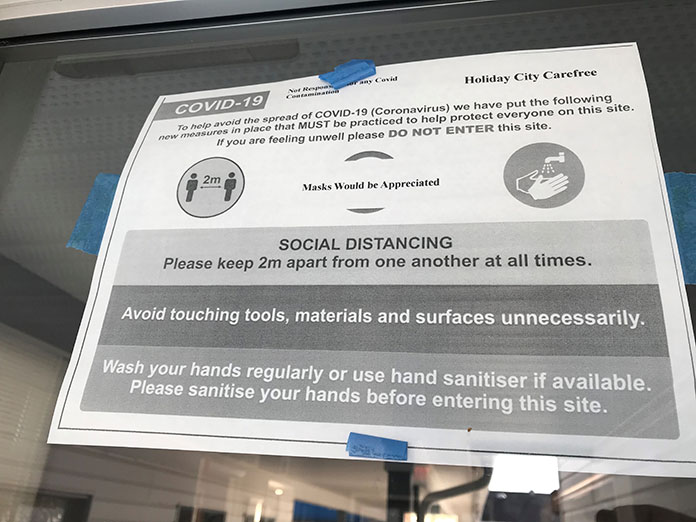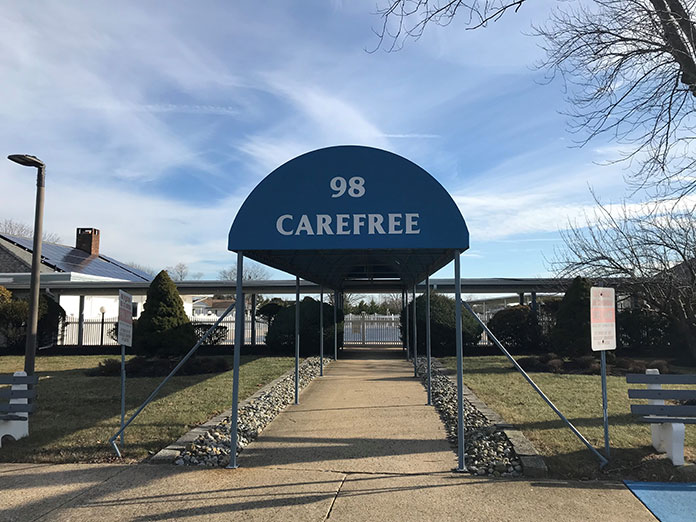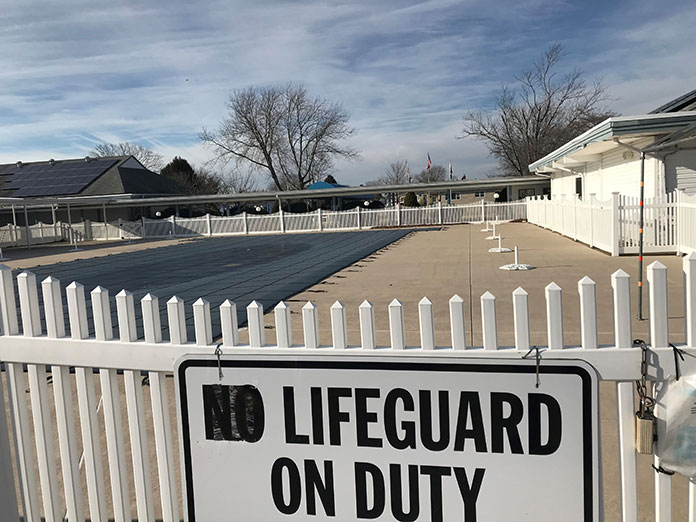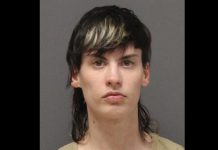
BERKELEY – At the Holiday City at Carefree clubhouse, you can hear soft talking and the clack of billiard balls from the pool room, and in the library, there’s just one patron quietly reading. The pool is closed, of course, and no one is outside in the winter weather.
But even this mild activity is more than anyone expected in spring of 2020. That was when everything shut down due to the coronavirus. It took some time before these common interest communities started to re-open, and even now there’s a concern besides COVID-19.
If someone contracts the virus, could they sue the senior development? Could they sue the trustees – as a board and individually? In this litigious society, it doesn’t matter if you can prove that you caught the virus at the clubhouse or not. The lawsuit would be devastating financially either way.

There was a brief reprieve last year. A law enacted on June 30, 2021 provided legal immunity from COVID-related lawsuits to senior communities and other planned real estate developments. However, that law was only made to be short lived. It expired on January 1, 2022.
A new Senate bill, S-177, and its Assembly companion, A-729, would eliminate the expiration of immunity for planned real estate developments in the event of COVID-19 spread.
The bill is sponsored by local Senators Christopher Connors and James Holzapfel, with the Assembly version sponsored by their partners in that branch of government: Brian Rumpf, DiAnne Gove, Gregory McGuckin and John Catalano.
Support for this measure has already been given by local politicians, such as Toms River Mayor Maurice Hill, Berkeley Mayor Carmen Amato and Berkeley Council members Michael Signorile and Sophia Gingrich.
Connors told The Berkeley Times in December that the bill faced a lot of hurdles in order to pass. Other legislators were worried about allowing permanent immunity that goes beyond a state of emergency, for example. It never made it to the floor for a vote. He had hoped the governor would extend it via Executive Order, but that didn’t happen and the bill died when the legislative session concluded. Now, it’s been re-introduced.
With the re-introduction of new bills, the 9th District legislators said “Our legislation proposes to eliminate the expiration of immunity for planned real estate developments in the event of COVID-19 spread. In our opinion, this is a more effective approach to the extent that senior communities would not have to deal with this issue every year as we do not know how long COVID will remain a public health matter.”
“With the appropriate safeguards and the legal assurance, everything worked fine last summer,” McGuckin said. “As this pandemic rolls on with no end in sight, there’s no reason not to make this solution permanent, and that’s exactly what our legislation will do.”
Communities would be required to post signage at the entrance to shared spaces including pools and gyms notifying visitors that by entering the areas they are waiving all civil liability for damages arising from COVID.
“Residents who invest their hard-earned money in communities so they can enjoy the amenities should have the option to enjoy what they pay for,” said Assemblyman Catalano. “After two years of the pandemic, people have learned to accept a reasonable level of risk when they leave the home, and they are tired of being told what they can’t do. Our seniors have earned the right to hang out at the pool and enjoy the clubhouse and gym in their communities.”

The local lawmakers blame Democrats for dragging their feet on the bill to extend the immunity. However, the immunity was created in the first place by bills that have five Democrats and one Republican as their primary sponsors (Holzapfel, McGuckin, and Catalano were co-sponsors).
The original bills that created the immunity were S-3584 and A-4979.
The Senate bill reads, in part: “Any illness, injury, death, or other damages arising from, or related to, an exposure to, or transmission of, COVID-19 on the premises of a planned real estate development shall not give rise to any cause of action.
“The immunity provided pursuant to subsection a. of this section shall not apply to acts or omissions constituting a crime, actual fraud, actual malice, gross negligence, recklessness, or willful misconduct.”






